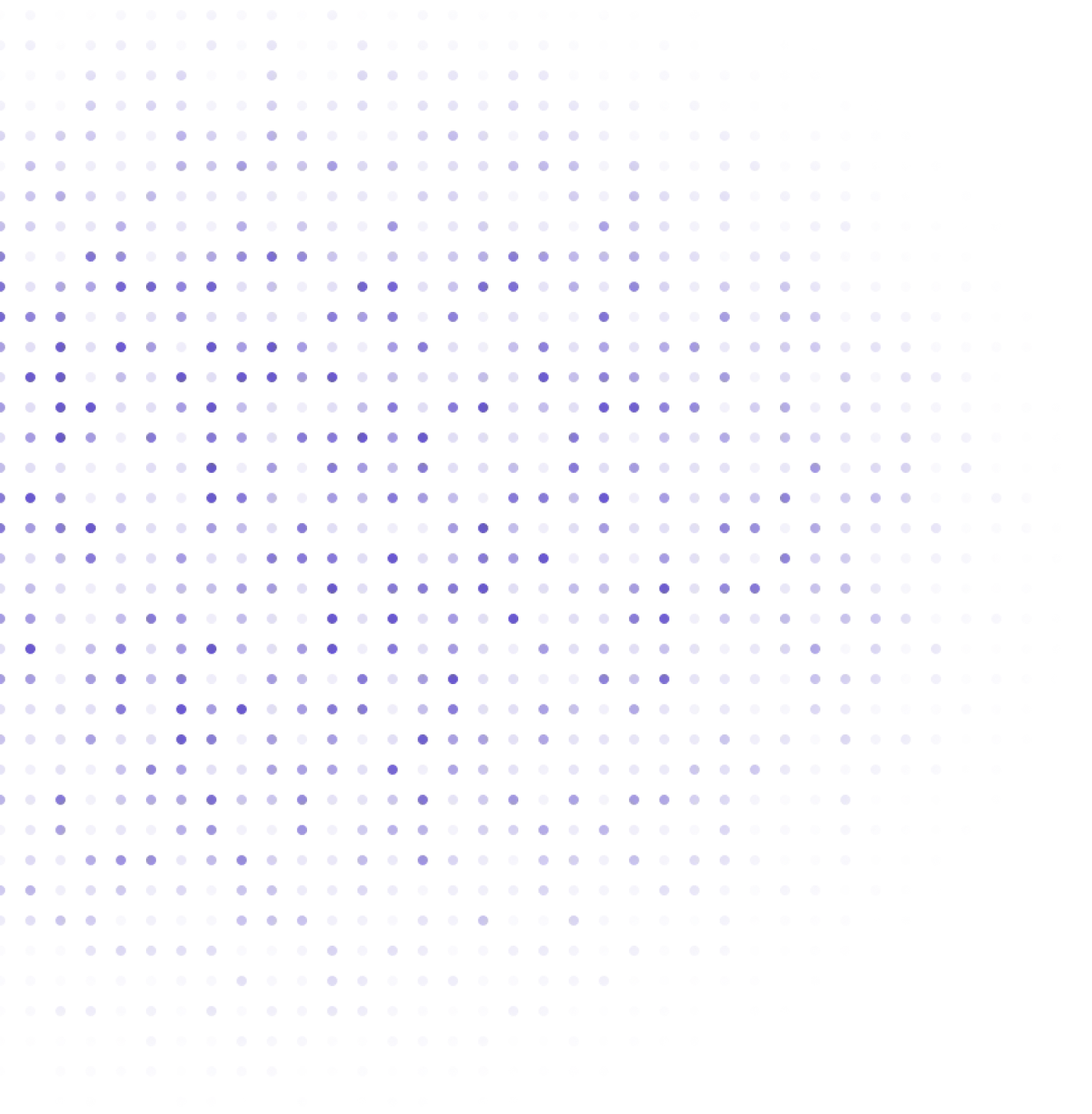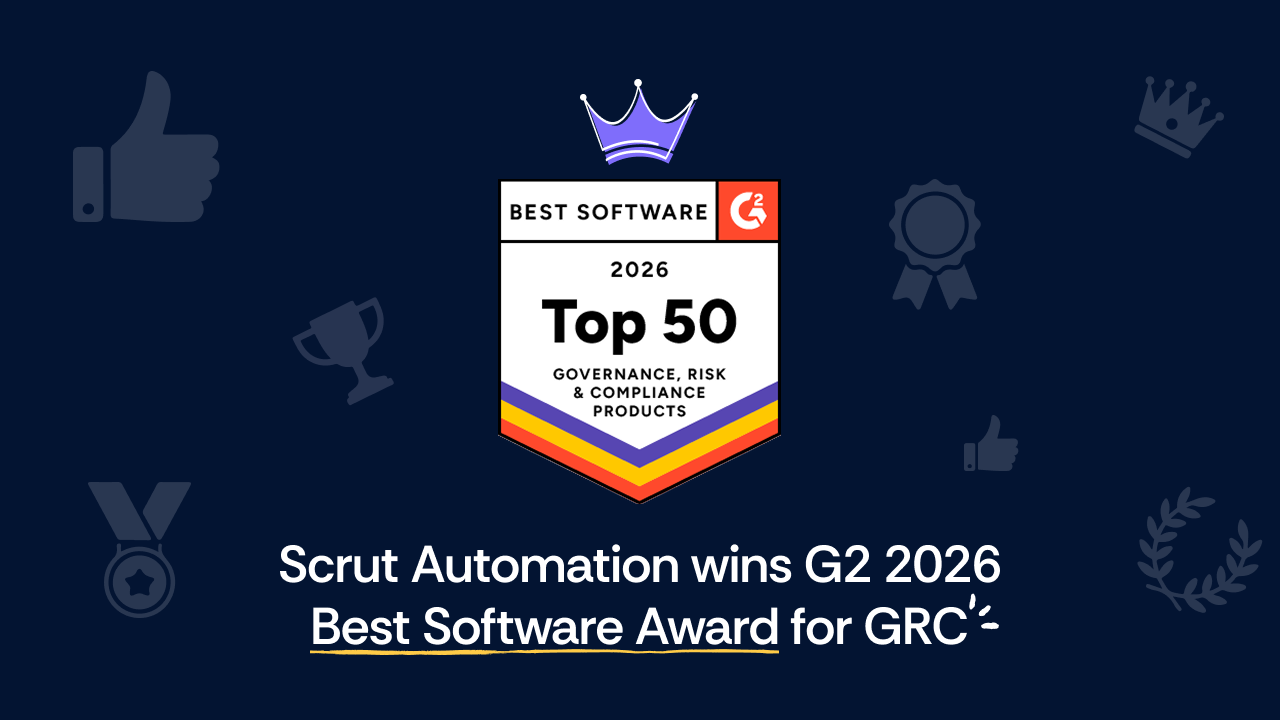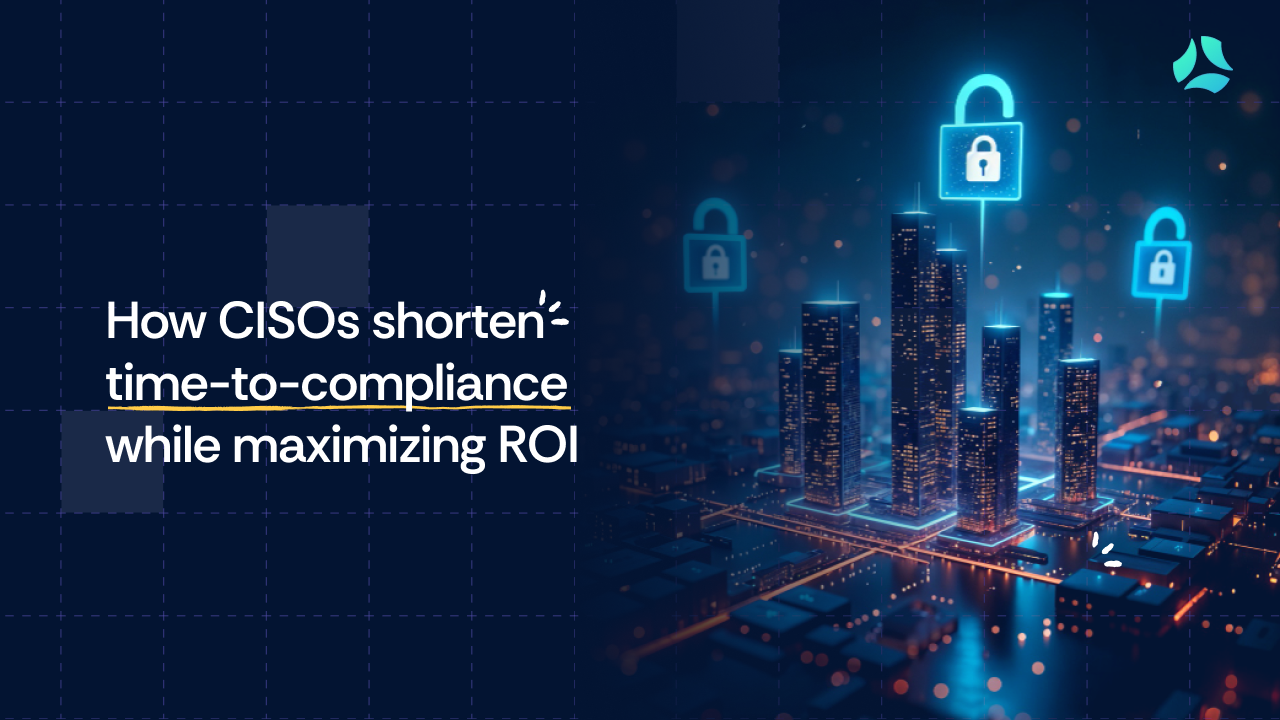Protected Health Information (PHI)
Protected health information (PHI) refers to health data produced, received, stored, or transmitted by HIPAA-covered entities and their business associates in connection with healthcare delivery, the operation of healthcare systems, and the payment for healthcare services. This data can be created, received, stored, or transmitted electronically or through any other form of media. Health information, or information that could be used to identify a specific person, is included in the category of protected health information. A patient’s medical history, test results, insurance details, demographic information, and other pieces of information may be included in this.
The HIPAA Privacy Rule, which creates guidelines to protect people’s PHI and specifies when PHI may be used and released, protects protected health information. Technical, administrative, and physical precautions are outlined in the HIPAA Security Rule to maintain the confidentiality, integrity, and accessibility of electronically protected health information (ePHI).
Organizations and personnel operating in or with the healthcare industry or with access to protected health information are expected to comply with HIPAA. Healthcare-related businesses and those with clients and prospects who fall under this category should be aware of HIPAA’s definition of protected health information. Organizations that disregard the HIPAA Rules‘ guidelines risk sanctions.


















